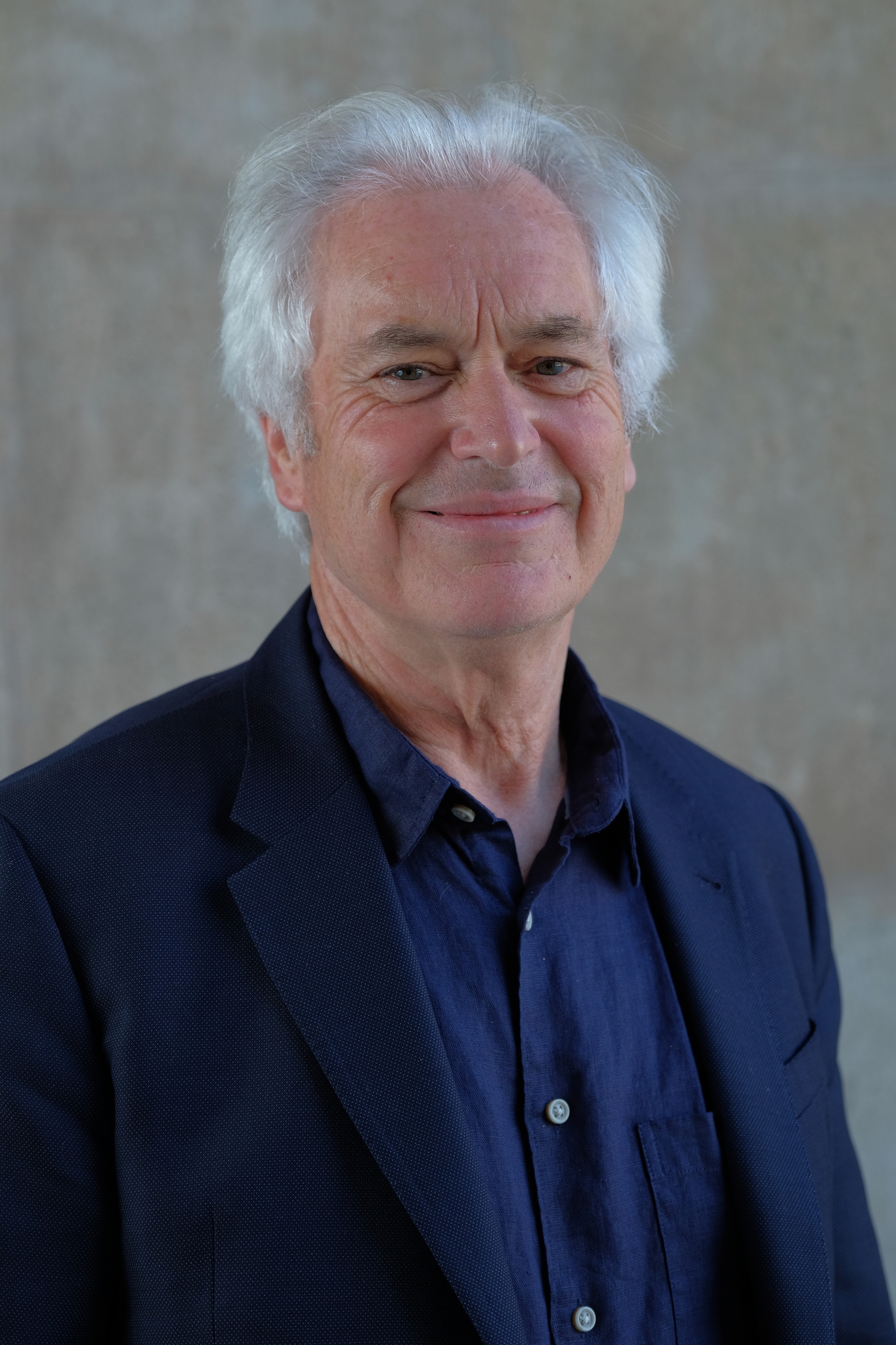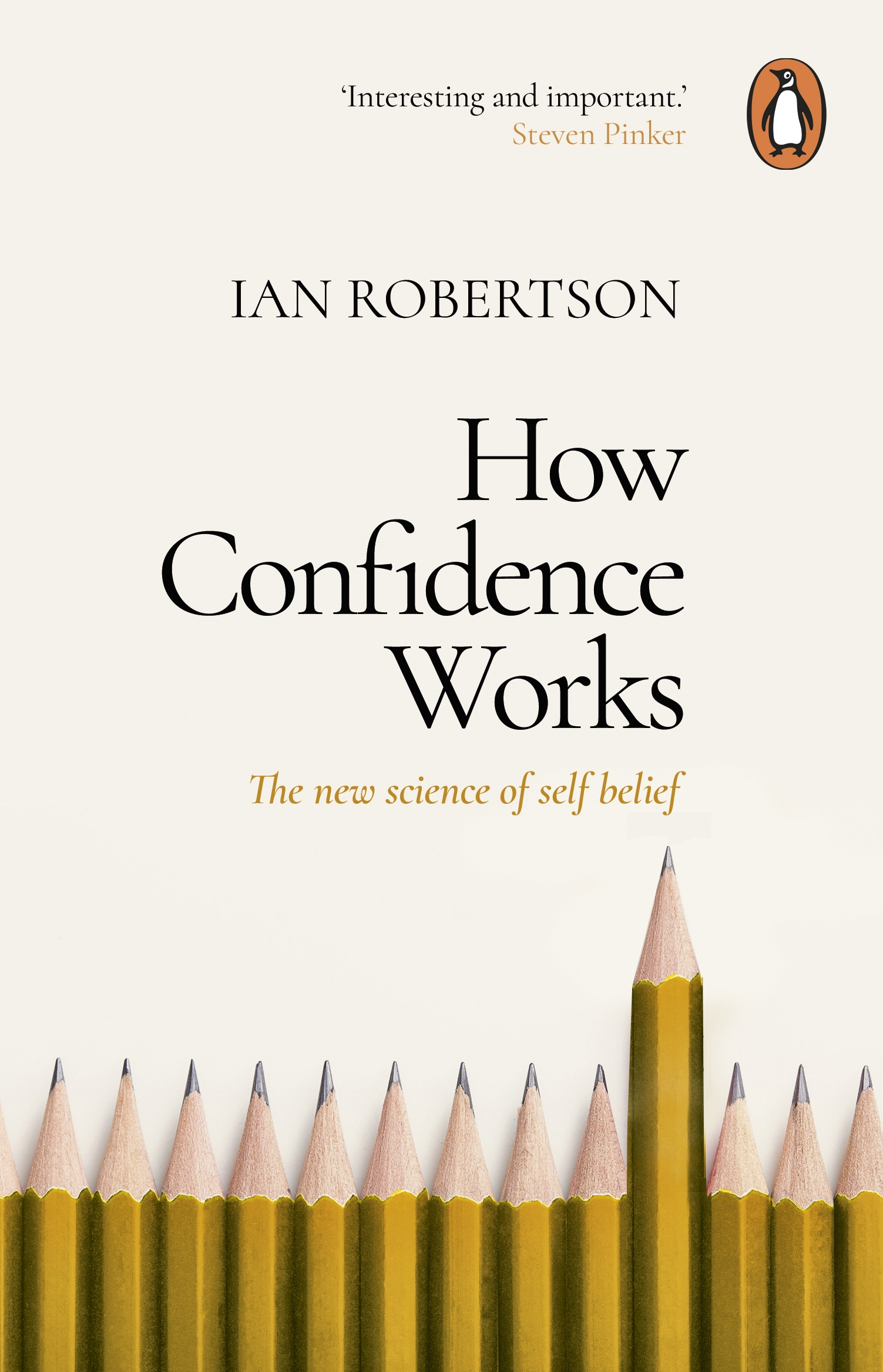Inside Putin's Mind: Absolute Power has Blinded the New Czar
In June 2005, during a US business delegation visit to St Petersburg, President Vladimir Putin noticed a diamond Superbowl ring on New England Patriot’s football team owner, Robert Kraft’s finger. He asked to see it, tried it on, and said “I could kill someone with this”. He then, allegedly, put it in his pocket and abruptly left the room. Three months later, while visiting the Guggenheim Museum in New York, the curators took an exhibition piece - a glass replica of a Kalashnikov gun filled with vodka – from a display case. According to his biographer, Masha Gessen[i], Putin nodded to one of his guards, who simply reached over and pocketed the piece.
Such minor thievery pales into insignificance in comparison to the use of radioactive and chemical weapons on UK soil to cause as painful a death as possible to perceived betrayers like Litvinenko and Skrypal, not to mention unleashing an unprovoked war on the largest country in Europe.
Putin is a self-described thug who, according to one biographer[1], took pleasure in describing the street fights of his youth, and emphasising his aggression, vengefulness and difficulty controlling his temper. This core personality found a congenial home in the KGB serving his beloved Soviet empire.
Its collapse in 1989 was an intensely emotional and painful humiliation for him and Putin has replaced the emotional security that the KGB and the Soviet Empire gave him, with the Russian Orthodox Church. In 2016 he erected a 57 foot statue to St Vladimir, a 10th century founding saint of Russia. The Roman emperor Julius Caesar made himself a demigod and also had statues erected to himself while still alive.
Putin’s current out of control behaviour, however, goes far beyond the impulses of his core personality. One of us (Owen) has defined the diagnostic criteria for a gross personality distortion caused by extreme power called the hubris syndrome. Its features include narcissism, grandiosity, a conflation of personal interests with those of the nation, impaired judgment, diminished risk awareness and widespread contempt for others.
Putin’s contempt, even for his closest advisors, was on display at at meeting with his security council in St Ekaterina’s Hall in the Kremlin on Monday, 21 February. When his foreign intelligence chief Sergei Naryshkin, said that he “will support” recognition of the separatist regions in Ukraine, Putin barked: “will support or do support. Tell me straight?” More like the headmaster harrying a group of schoolboys. Anyone around the world watching these scenes would conclude Putin brooks no discussion, let alone disagreement. He is now by any rational use of the word, a dictator.
Absolute power changes the human brain completely but it is the delusional certainty in the rightness of one’s own views and the consequent blindness to risk that makes it so dangerous in a world leader.
The only way of constraining such effects on a leaders brain is through the constraints of democracy, which have been painfully invented over centuries to stop brain-distorted leaders taking their people into conflict and chaos.
But President Putin has systematically destroyed all these checks and balances that used to exist in Russia, even under his beloved Communist rule. Collective decision making has been abandoned. The Politburo that functioned as a collective following Stalin’s death in 1956 has gone. The Duma, as a check on Putin’s power, gone. President Xi has more limitations on his personal power than President Putin. There is no properly independent judiciary and scarcely any free press. But it has taken him time systematically to degrade these antidotes to his power addiction.
One of us (Owen) encountered President Putin during his state visit in 2003 to the U.K. at the State Banquet and after that at a meeting hosted by BP who were increasing their investment in Russia with Putin’s approval. At the time Owen was the Chairman of Yukos International. It was a time still of great hope for the Russian Federation economically and politically and prior to the Chairman of Yukos, Mikhail Kordokovsky being arrested on Putin’s orders and controversially imprisoned for 10 years. Putin took his time and initially it seemed he was open to criticism and even after two terms stepped back in favour of Medvedev being President, something which would be inconceivable now, such are the changes wrought in his brain by too much power.
What we see today in 2022 , is a further deterioration in Putin’s character and judgement following his two years of extraordinary isolation because of his fear of catching Covid. This fear may be genuine if, for example, his immune response is weakened. Putin’s changing contours on his face resembles that of a man on high dosages of steroids which can reduce immunity. Perhaps a better explanation than the more frequent ones of failed plastic surgery or Botox injections.
But power is as potent a brain-changer as any drug and Putin is in a dangerous mental state because of this. His religiosity and sense of spiritual mission, combined with his blunted risk perception and contempt for any advisor who might contradict or warn him, means that he cannot be considered a fully rational actor, as anyone watching his rambling and emotional speech on Monday could see.
But President Putin now has under his total control armed forces better equipped than Russia has had since the declining years of Brezhnev’s rule. The Russian armed forces have a new confidence with their new equipment.
The only antidote for contempt is strength and the democratic world must be strong or it will be crushed. But one consolation is that in Greek mythology, the hubris-inflamed Daedalus flew too close to the sun and fell. And in Roman times, having made himself a demigod, Julius Caesar came across Brutus. President Putin may be full of anger and contempt – but he is also haunted by fear.
Ian Robertson. Emeritus Professor of Psychology, Trinity College Dublin, author of How Confidence Works: The new science of self-belief (Penguin, 2021)
Lord David Owen. Neurologist and Former Foreign Secretary 1977-1979; author of Riddle, Mystery, Enigma. Two Hundred Years of British-Russian Relations (2021)
[i] The Man Without a Face: The Unlikely Rise of Vladimir Putin (Allen & Unwin, $29.99), by Masha Gessen

